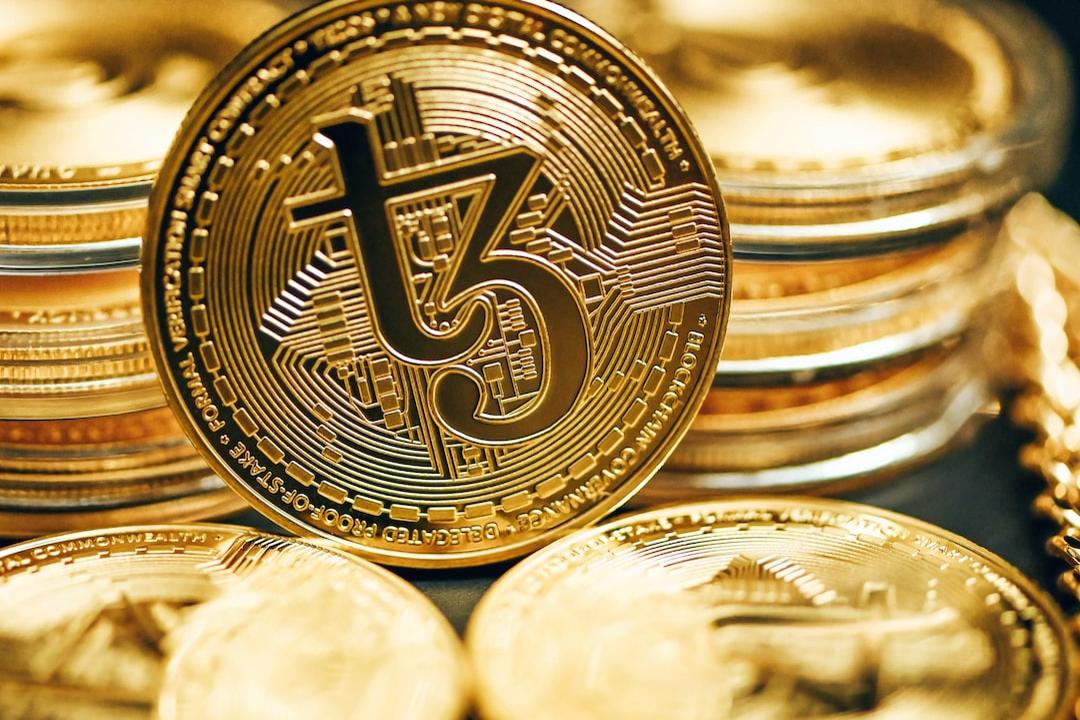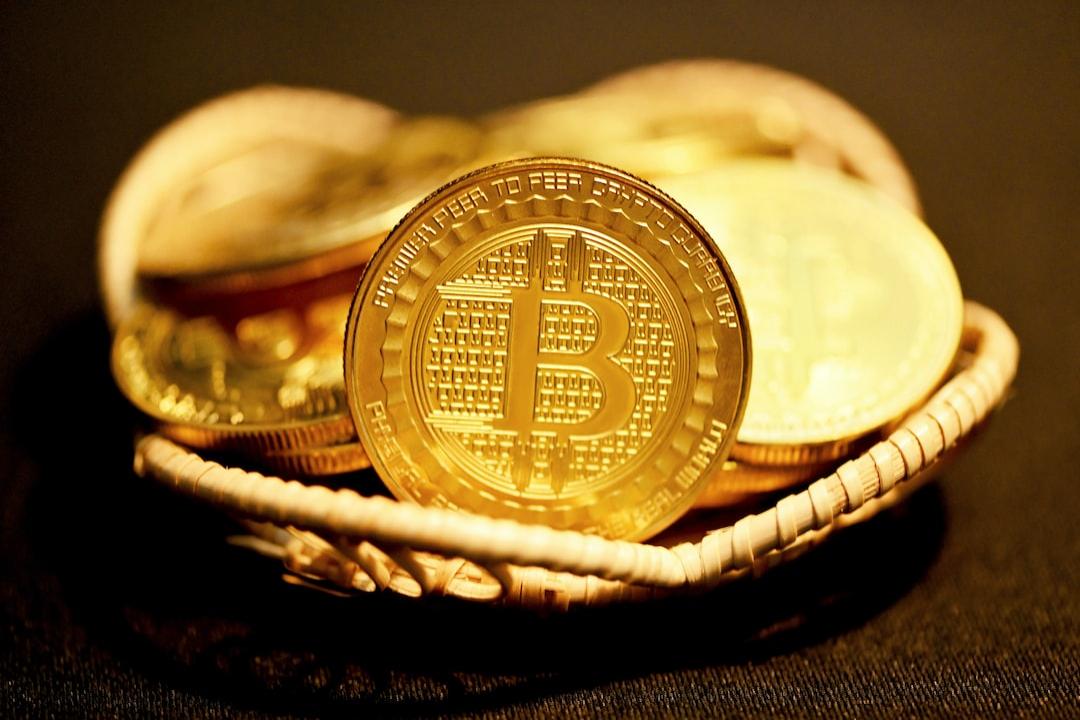Industry leaders, however, remain divided. Some argue Solana is a natural contender for an ETF, while others highlight concerns over centralization, network reliability, and regulatory hurdles. Representatives from Gravity, Variant, and OKX shared their perspectives on what stands in Solana’s way.
Bitcoin and Ethereum’s ETF Approval Set the Stage
The cryptocurrency market saw a major breakthrough when the U.S. Securities and Exchange Commission (SEC) approved Bitcoin ETFs in January 2024. Eleven Bitcoin spot ETFs gained approval, offering investors an easier way to gain exposure to the asset.
Shortly after, Ethereum ETFs followed, marking another milestone for the crypto industry. These approvals led to significant capital inflows and strengthened mainstream adoption.
With Bitcoin and Ethereum ETFs now available, Solana is seen as the next possible candidate. However, the SEC’s cautious stance and recent delays suggest Solana’s approval may not be as straightforward.
Solana ETF Filings Face Delays
The 240-day review period for some of the first Solana ETF filings, including VanEck and 21Shares, ended recently. However, instead of granting approvals, the SEC extended its review process for multiple ETFs, including those for Solana, XRP, Litecoin, and Dogecoin.

Regulatory scrutiny remains a key factor. The SEC has faced backlash for its handling of crypto-related approvals, leading to delays in decision-making. Some filings, such as Grayscale’s, were pushed to October 2025, raising doubts over how soon Solana might receive a final verdict.
Market Predictions for a 2025 Solana ETF Approval
The possibility of a Solana ETF approval in 2025 has sparked debates among investors and analysts. ETF President Nate Geraci predicted that 2025 would be the year of crypto ETFs, with Solana expected to secure approval.

Former Trump White House Secretary Anthony Scaramucci shared a similar view, stating that a Trump re-election could accelerate SEC approval for Solana ETFs, possibly as early as Q1 2025.
Meanwhile, prediction platform Polymarket estimated an 82% chance of Solana receiving approval this year. However, some industry experts remain skeptical about these forecasts.

Solana’s Market Growth and Institutional Interest
Despite regulatory uncertainty, Solana has shown strong market performance. According to a Messari report, Solana’s DeFi sector saw a 64% increase in total value locked (TVL) to $8.6 billion, making it the second-largest blockchain behind Ethereum.
Lennix Lai, Global Chief Commercial Officer at OKX, emphasized Solana’s growing dominance in the decentralized exchange (DEX) space.
“From a network perspective, Solana’s performance has been remarkable, now driving nearly 50% of all global DEX volume. This fundamentally reshapes the DeFi landscape,” Lai told.
While institutional interest in Solana has grown, uncertainty over SEC classification remains a major roadblock.
SEC’s Security Classification Concerns
One of the biggest challenges to Solana ETF approval is its regulatory classification. Unlike Bitcoin, which is considered a commodity, and Ethereum, which underwent a transition to proof-of-stake (PoS), Solana’s classification remains unclear.
Martins Benkitis, co-founder and CEO of Gravity, pointed out the complexities involved.
“There’s no precedent for Layer-1 blockchains beyond Bitcoin and Ethereum in the ETF space. This creates higher regulatory hurdles for Solana,” Benkitis explained.
The SEC previously identified Solana as a security in lawsuits against Binance and Coinbase. While those lawsuits were later dropped, the SEC has not clarified its stance on Solana’s legal status.
Some industry experts argue that the SEC’s withdrawal does not indicate a shift in policy. Jake Chervinsky, Chief Legal Officer at Variant, dismissed the idea that Solana had been cleared.
“There is no reason to think the SEC has decided SOL is a non-security. Their decision to drop lawsuits was a litigation tactic, not a change in policy,” Chervinsky stated.

If Solana continues to face security classification concerns, ETF approval could face further delays.
Network Reliability Issues Impact Solana’s ETF Chances
Solana’s history of network outages has raised concerns about its stability and reliability—two critical factors for SEC approval.
Since 2021, Solana has experienced over a dozen outages, sometimes lasting for hours. These disruptions affected trading activity, making some investors hesitant about its long-term viability.
“From a market-making standpoint, network reliability is crucial as any downtime can significantly impact trading operations,” Benkitis noted.
Solana’s development team has taken steps to improve stability, introducing the Firedancer validator client to enhance transaction processing. The blockchain’s last major outage occurred in February 2024, suggesting progress in addressing these concerns.
Centralization and Validator Concerns
Solana’s validator node requirements have sparked concerns about centralization. Unlike Ethereum, which boasts over 1 million validators, Solana has around 2,000 active validators, leading to questions about network decentralization.
The network’s high hardware requirements make it costly for independent validators to participate, potentially concentrating power among larger entities.
“Strong institutional demand can help Solana’s case, but regulatory concerns over centralization remain a key challenge,” Benkitis added.
Solana’s Futures Market and Volatility Issues
Unlike Bitcoin and Ethereum, Solana does not have an established futures market on the Chicago Mercantile Exchange (CME). The SEC has historically favored cryptocurrencies with CME-listed futures, citing market stability and liquidity as major factors in ETF approval.
“The lack of CME futures could influence the SEC’s evaluation,” Lai stated.
Another challenge comes from Solana’s price volatility, fueled in part by meme coin speculation.
Meme Coin Activity Raises Regulatory Concerns
Solana has gained popularity as a hub for meme coins, with platforms like Pump.fun enabling rapid token launches. Recently, political figures like Donald Trump and Javier Milei have released tokens on Solana, attracting attention but also increasing market speculation risks.
While meme coins have driven trading volume, they have also led to high-risk investments and significant losses for smaller investors.
“The SEC might view Solana’s meme coin market as speculative, which could be a concern for ETF approval,” Benkitis warned.
What’s Next for Solana’s ETF Prospects?
Solana’s strong DeFi presence, market dominance, and growing institutional interest support its ETF case. However, regulatory barriers—including security classification, network reliability, and market manipulation concerns—pose significant hurdles.
While some analysts predict 2025 as the year for a Solana ETF, others believe SEC approval could take longer. The final decision will have major implications for both Solana and the broader cryptocurrency industry.
